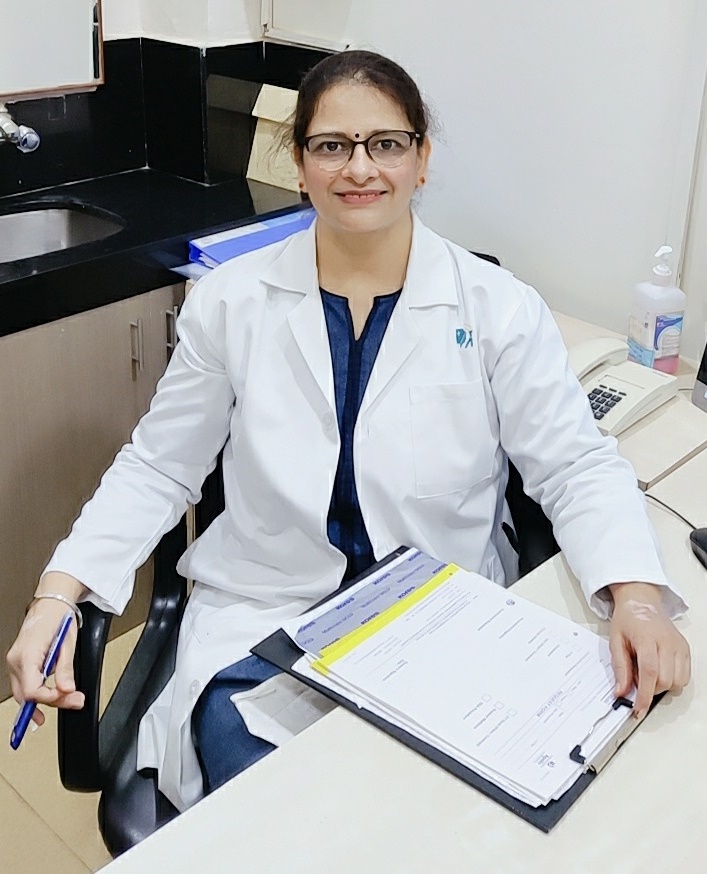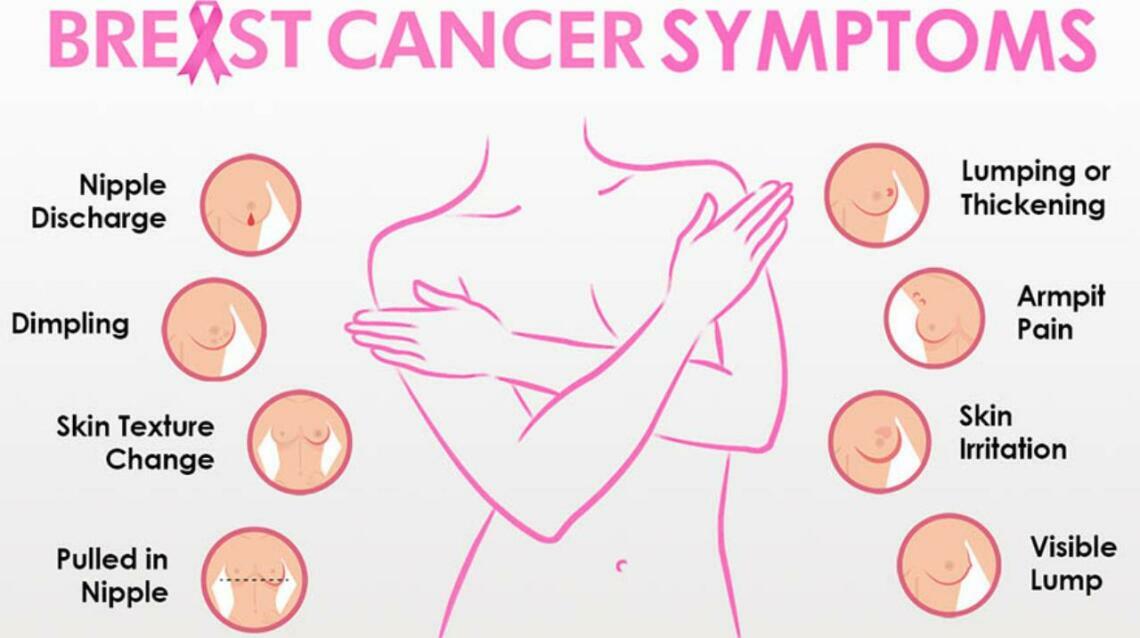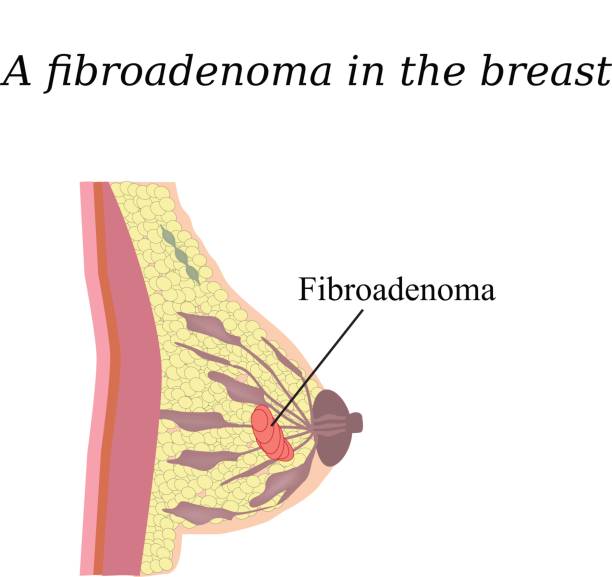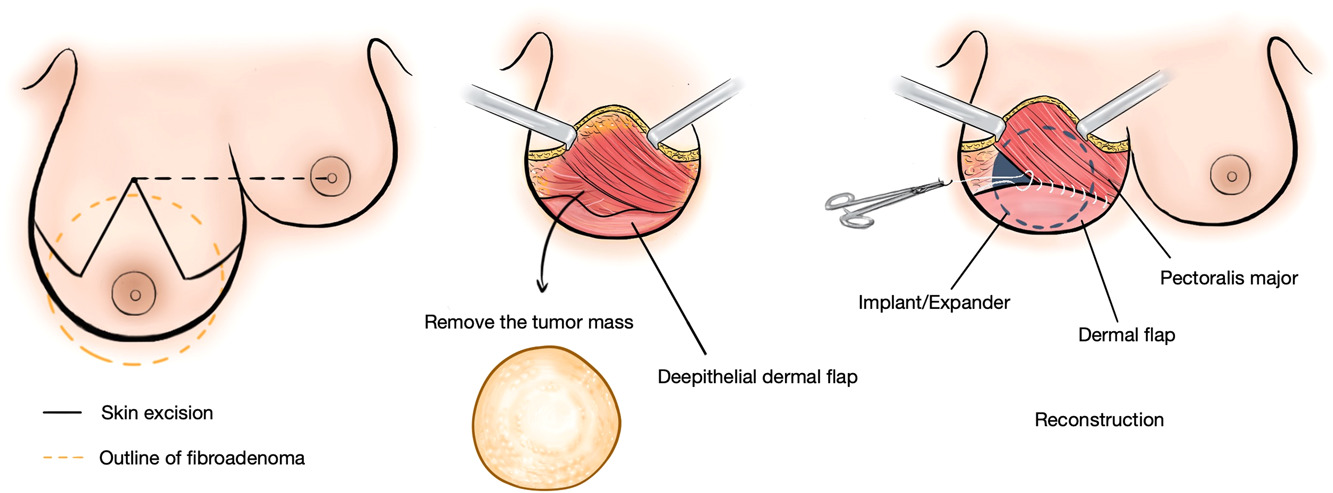Where Can You Find the Best Breast Cancer Surgeon in Ghaziabad?
Breast cancer requires timely intervention and expert care to ensure the best possible outcomes. Ghaziabad, a growing healthcare hub, is home to Dr. Rajinder Kaur Saggu, a renowned breast cancer surgeon in Ghaziabad with vast...
Read More








